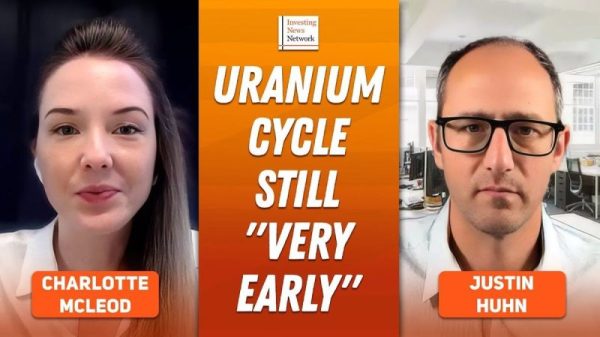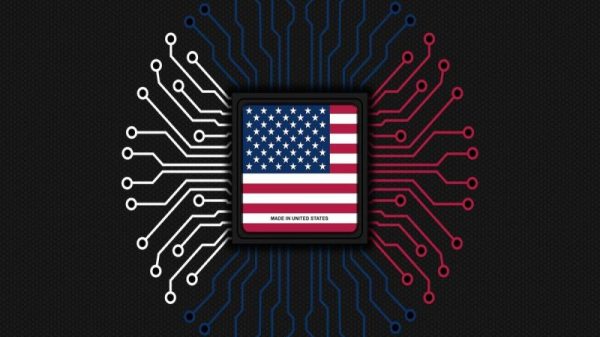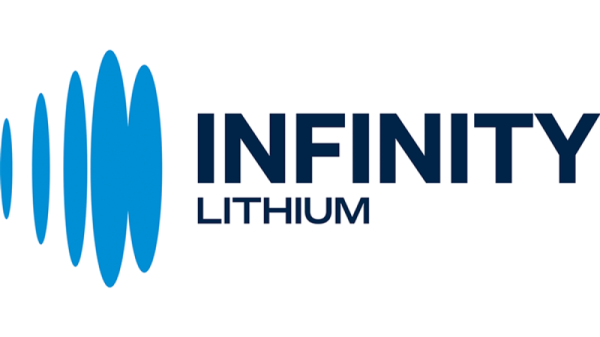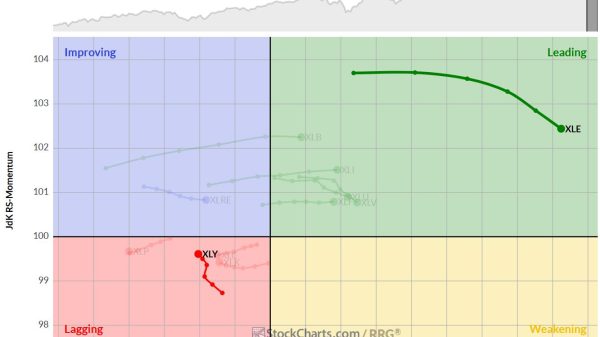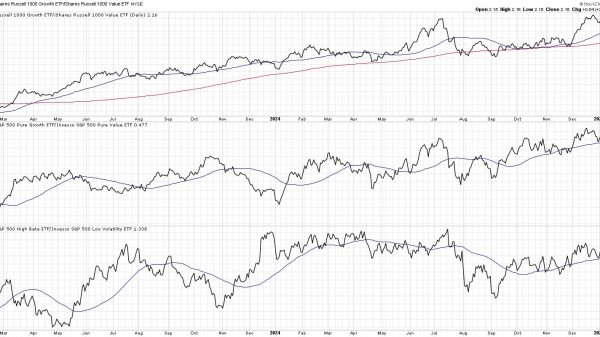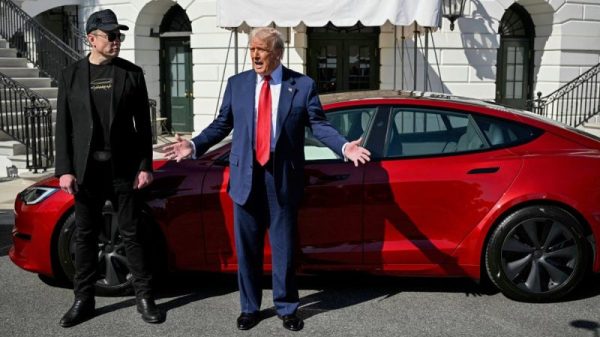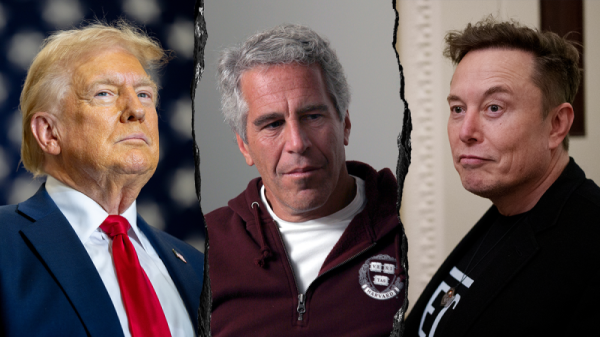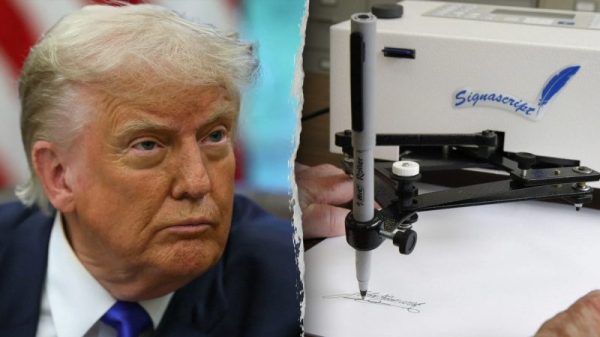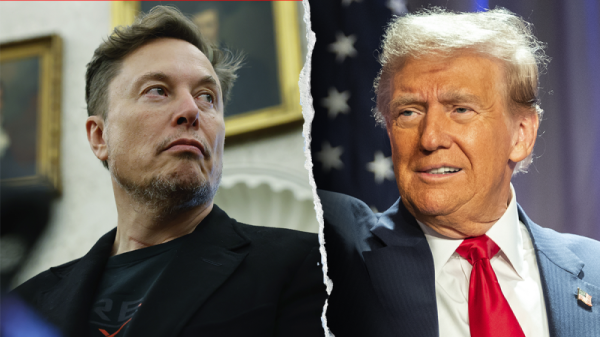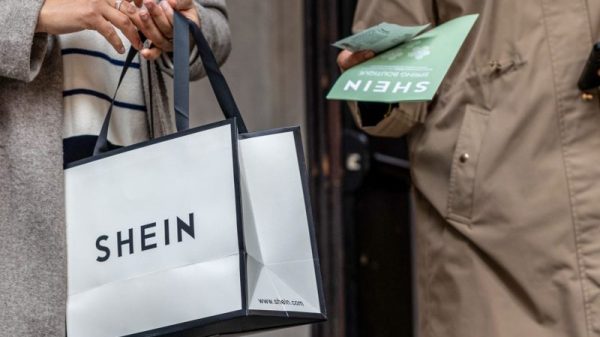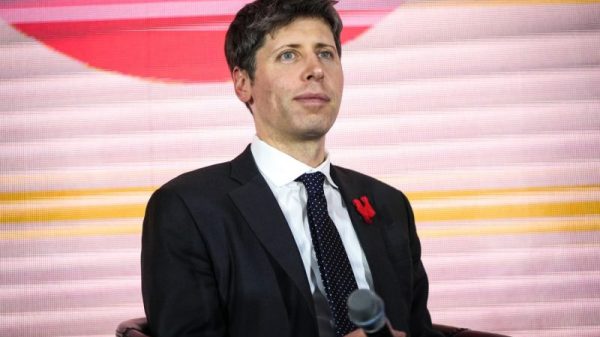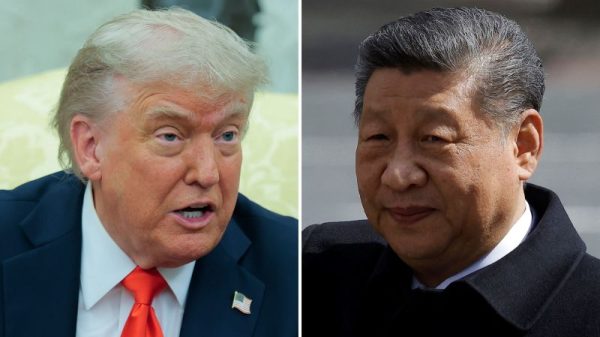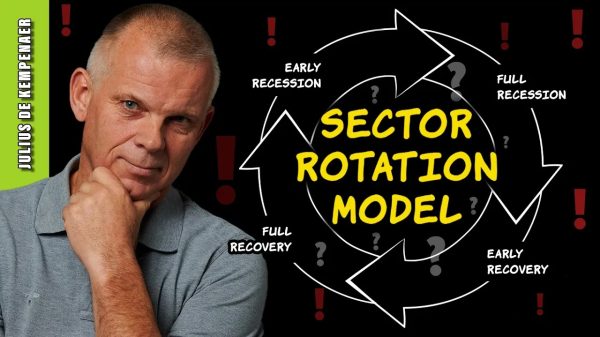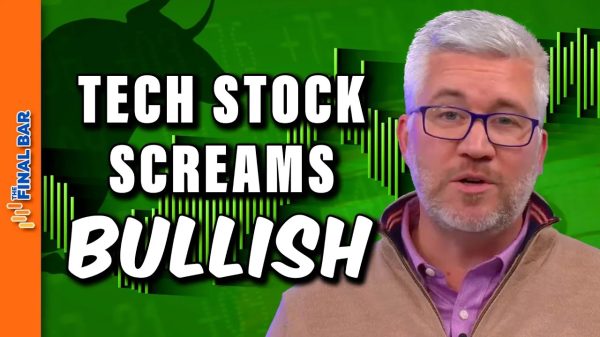On April 25, Nobel Prize-winning economist Joseph Stiglitz used an analogy to argue for regulation of the economy, and in fact, in all of social interaction. This is what he “tweeted,” on X:
No one’s truly free without rules and regulations. Counterintuitive? Think stoplights. Without them, pandemonium and gridlock. With them, I stop so you can drive through, and vice versa. We both have the freedom to move about with fewer traffic jams and accidents. This same idea applies to the economy and to life.
He asks us to imagine that there are only two alternatives: a) a chaotic, “Road Warrior” style world where there are literally no road signs, and no rules, or b) an orderly world where our lives are governed by the dictates of gimlet-eyed government mandarins, cloaked in the “expertise” of advanced utilitarian ethics of “the greater good.” Stiglitz is simply reprising the Hobbesian logic of “the state of nature,” noting that even a very bad and aggressive ruler is better than chaos and a constant war of all against all.
The political philosopher Russell Hardin has pointed out that there is an obvious flaw in this reasoning. True, we are likely better off with some form of governance than with “pandemonium and gridlock.” But which form of governance? All Stiglitz has justified is the need for governance, for rules that allow us to coordinate our expectations and organize our actions so that traffic flows smoothly. As Hardin put it:
What justifies an instance of coercion by this particular government? This is a much more complex issue than the in-principle justification of coercion by some government. Any credible and compelling answer to it must address alternatives other than the state of nature. If our initial motivating value is welfarist, then we must compare the effects of other possible forms of government to the effects of this one.” (emphasis in original).
The Stiglitzian formulation is tendentious: government, or ungoverned — choose! But in fact there are many forms of rule-based systems of governance that do not involve government in any direct way. How would such a system emerge?
That question has been answered, since at least the time of the Scottish Enlightenment, by two words: Spontaneous order. Spontaneous orders are emergent patterns which quickly become rules, because it is widely recognized that such rules — think stoplights — are obviously good ideas. Enforcement of these emergent rules can be accomplished largely by what Adam Smith called “propriety,” rather than by armed employees of the state.
This kind of rule, what FA Hayek called “laws,” is quite different from legislation, which is the product of formal state process, and is generally enforced by armed employees of the state. The expansion of the state shrinks what Lord Moulton called the “middle country,” of rules that we obey but that are not formally enforced.
Ten years ago, Edward Stringham wrote an important book, Private Governance. In that book, Stringham noted that the solution to many problems that appear to be pushing us toward chaos are actually opportunities for someone to come up with a governance system that works almost automatically. The general problem of trust games, or assurance games, appear to vex potential buyers: I can’t be sure if a used car is good, or a lemon, because cars are complicated. What is a confused buyer to do? Stiglitz would say that, to avoid pandemonium and gridlock in auto markets we must have state officials use force to impose order.
But notice that the problem that appears to vex the buyer is actually a problem for the seller. No one will buy my cars at a high price, even if they are in fact high quality cars, because information about the car’s quality is hard to judge. Rather than have government inspectors certify quality, however, the sellers in used car markets came up with two solutions, warranties and brand names. A warranty says that I will pay to fix whatever is wrong with the car, for a period of a few years, which is long enough to find out if the car has serious flaws. A brand name is an economic hostage, a capital asset that depreciates if the seller’s promises are not kept.
Interestingly, the consumer may not even need to pay for the warranty! The fact that the seller is willing to offer a “make-good” warranty at a fraction of what I paid for the car is an assurance that the car is of good quality. National used car franchises such as CarMax have solved the unsolvable problem, because they can make more profits if they can sell high-quality products at higher prices. CarMax knows more about the cars it sells than some bored government regulator could discover in a cursory inspection.
Ultimately, then, the system of “private governance” works better than Stiglitz’s desire to apply his desire for universal bureaucratic control “to the economy and to life.”

